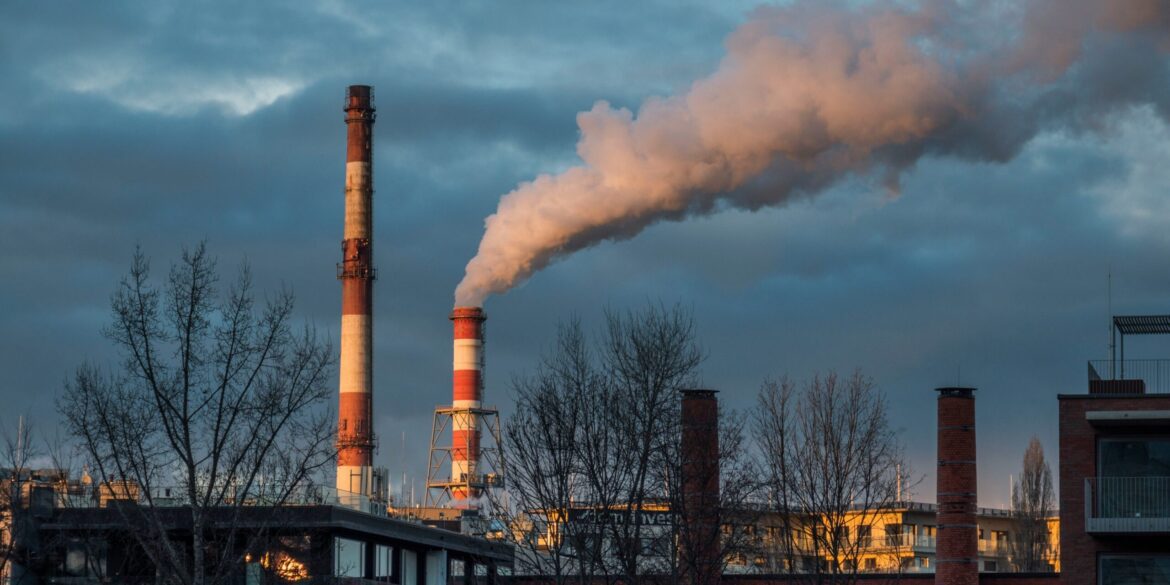Springfield, Illinois — On July 12, 2025, the Illinois General Assembly passed the Climate Corporate Accountability Act (HB 3673), a comprehensive climate disclosure statute requiring corporations with more than $1 billion in annual revenues to publish standardized, third-party verified reports on greenhouse gas emissions and climate-related risks. This move aligns Illinois with other progressive states such as New York, Colorado, and New Jersey in advancing transparency and accountability in corporate environmental performance.
Under the new law, businesses meeting the revenue threshold and operating in Illinois must report their annual Scope 1 (direct emissions) and Scope 2 (indirect emissions from purchased energy) by January 1, 2027. Scope 3 emissions—which include indirect emissions from supply chains, employee commutes, and product use—must be disclosed within 180 days of that reporting date.
The reporting requirements mandate adherence to globally recognized Greenhouse Gas Protocol standards. Companies must submit their verified emissions data to a public digital registry operated by a nonprofit entity contracted by the Secretary of State. By July 1, 2026, the Secretary of State must adopt rules outlining registry design, disclosures, and third-party auditor criteria; by January 1, 2027, that registry must be fully operational, and a university or national lab must be engaged to analyze initial public data.
Enforcement provisions empower the Illinois Attorney General to bring civil suits against noncompliant companies, imposing penalties for failures to report or verify emissions. Disclosures are to be user‑friendly, clearly identifying reporting entities and conforming to federal or international frameworks, including the U.S. SEC and CDP standards .
This statute reflects a broader national trend—joining California’s SB 253 and similar proposals in New York, Colorado, and New Jersey. These four states collectively represent over 30 percent of U.S. GDP and are pushing for mandatory Scope 1, 2, and 3 emissions reporting. Illinois’ timeline mirrors this pattern: reporting begins in 2027, with Scope 3 disclosures due by early 2028.
The move comes as the SEC has delayed finalizing its federal rules mandating Scope 1 and 2 disclosures, following legal challenges. With federal efforts stalled, states are accelerating their own regulatory actions .
Supporters emphasize the benefits: enhanced transparency for investors, heightened corporate responsibility, and stronger incentives for businesses to reduce emissions. By making data publicly accessible and comparable, the law empowers stakeholders—investors, consumers, and the public—to assess and hold companies accountable.
Nevertheless, the legislation presents compliance challenges. Many corporations lack internal systems to accurately measure Scope 3 emissions across diversified supply chains. The requirement for independent verification and the risk of legal penalties will drive firms to invest in upgraded emissions-tracking infrastructure and audit-ready processes.
Illinois is also weighing other climate-related regulatory efforts; for instance, SB 2472 would impose climate risk disclosure obligations on insurance companies writing more than $100 million in premiums annually.
With the governor expected to sign HB 3673 imminently, Illinois will soon become a national leader in state-level climate corporate accountability. Depending on how compliance unfolds and enforcement actions proceed, this law may serve as a model—or a litmus test—for whether mandatory state reporting can stimulate meaningful corporate climate action in the absence of federal mandates.

